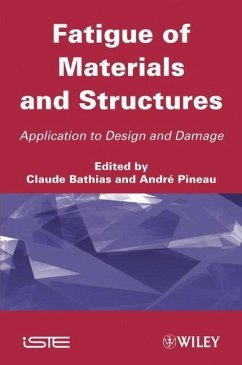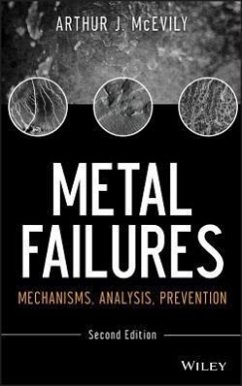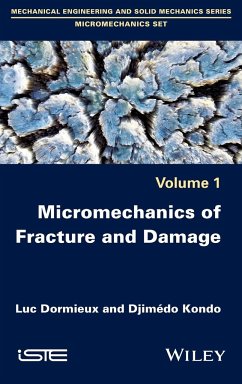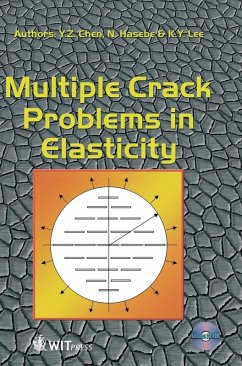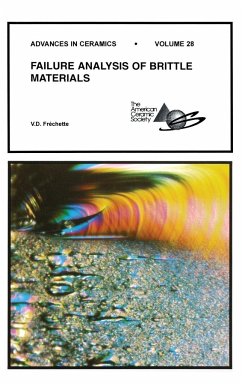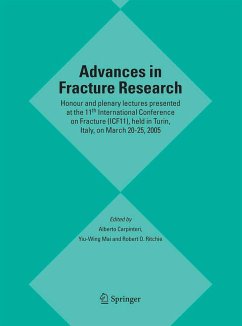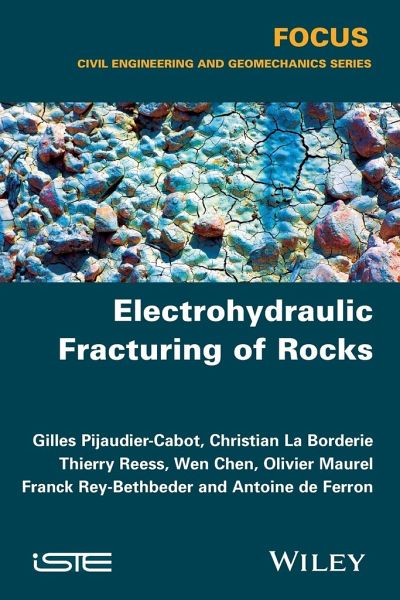
Electrohydraulic Fracturing of Rocks
Versandkostenfrei!
Versandfertig in über 4 Wochen
159,99 €
inkl. MwSt.
Weitere Ausgaben:

PAYBACK Punkte
80 °P sammeln!
This book presents a new fracturing technique that should be considered as a potential alternative, or a companion technique, to hydraulic fracturing of tight gas reservoirs and low permeability rock masses. As opposed to hydraulic fracturing which generates a few numbers of large cracks, electro-hydraulic fracturing induces diffuse micro-cracking and fragmentation of rocks. Laboratory tests demonstrate that increases of permeability by two orders of magnitude can be reached, without major cracking in tested specimens. This book discusses the principles of this new technique, reports experimen...
This book presents a new fracturing technique that should be considered as a potential alternative, or a companion technique, to hydraulic fracturing of tight gas reservoirs and low permeability rock masses. As opposed to hydraulic fracturing which generates a few numbers of large cracks, electro-hydraulic fracturing induces diffuse micro-cracking and fragmentation of rocks. Laboratory tests demonstrate that increases of permeability by two orders of magnitude can be reached, without major cracking in tested specimens. This book discusses the principles of this new technique, reports experiments which have been developed is order to prove the concept and finally describes the numerical model from which the potentialities of this technique in representative reservoir conditions can be assessed.




